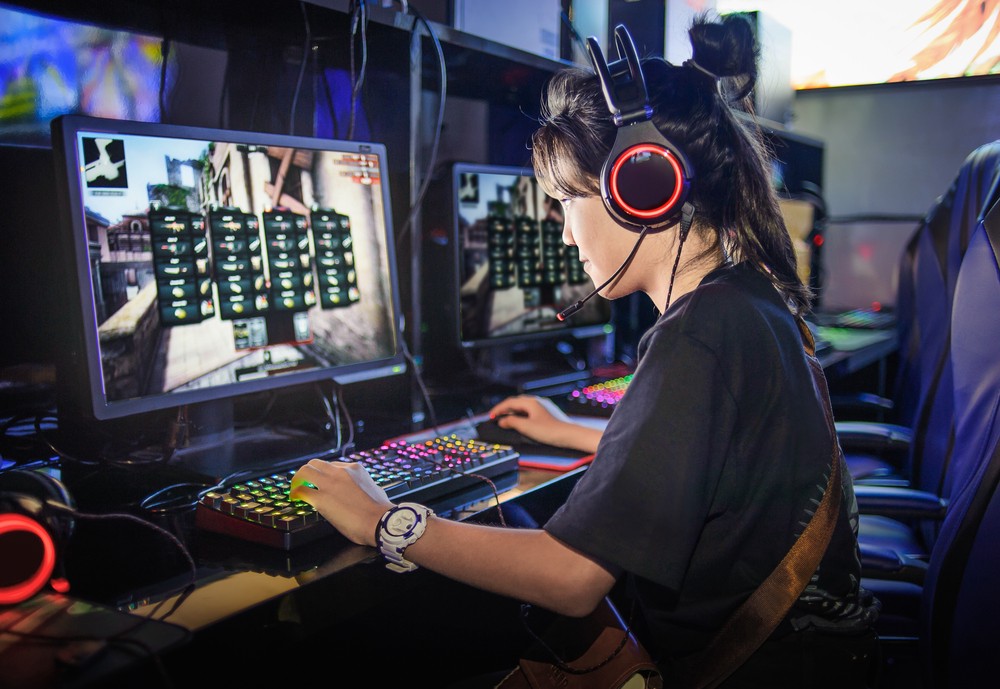For years video games and educational institutions have been enemies, showing no compatibility together. Gaming would be looked upon as a waste of time for students, with no positive benefit to a child’s education. Stereotypes of gaming would create a bad reputation, a reputation that is slowly finding itself irrelevant today.
With a phenomenal growth in eSports and a larger influence of the sport in mainstream culture, teachers and parents alike are seeing the huge potential this industry offers their young. With some eSports athletes making more money than investment bankers, it is hard not to aspire to be like the gaming heroes. As of 2018, the League of Legends literal legend, Faker, made over $1.1 million in tournaments alone. With 1.5 million subscribers on Twitch, sponsorships and endorsements, Faker is making the salary that young aspiring gamers could only dream of.
Although earning some serious money is not dissuading young gamers to up their game, it may not be the biggest influencer in the world of eSports. Just as young basketball, football and baseball players dream of glory and success within their sport, so do young aspiring eSports athletes. With tournaments such as the Worlds 2018 gaining viewership of over 200 million people, the appeal to achieve stardom is just as strong as most mainstream sports.
A sport with such a large number of participants, so many of whom are still involved in education systems, has attracted the attention of many high schools and colleges, influencing the beginning of school eSports teams and leagues. Bringing eSports into educational institutions is beneficial to both young gamers and to eSports as a whole, and this is important to understand when looking at the growth of eSports. With college scholarships, elite high school varsity teams and leagues reaching the international level, young gamers of the future are given opportunities current gamers could only have dreamt of at earlier stages in their careers. Not only does the integration of eSports give better opportunities, including structured training and top line facilities, to future athletes, it will also help bring eSports to new heights, with higher skilled players and a more competitive market of players.
Startups such as PlayVS is a prime example of the growth of eSports within educational systems. This company, has raised over $46 million, is a successful leader in high school leagues. By bringing high schools together and promoting a structured system for eSports in school, PlayVS is helping to bring this sport to the forefront of teenage life in the US. Promoting valuable qualities, such as character development and equality for all kids, this company is sharing the beauty of this sport to high schoolers, the future generation of this industry.
The qualities eSports in schools give to students is valuable in so many ways. Essential character development skills, such as teamwork and commitment to a cause, are given to kids in an amazing way. Just as basketball or football gives over these qualities, so does eSports. A huge benefit to eSports in schools is the increase of opportunity for all students. Whereas with traditional sports, physical advantages allow some to gain what others cannot, and gaming levels the playing field. In eSports, skill and success come from hard work and perseverance. Kids who previously could never imagine earning a sports scholarship to college now have the opportunity to achieve greatness in new ways. These kids are the future, and integrating eSports into their lives is developing the industry’s future.
Perhaps not understood yet by all institutions and parents, the growth of eSports and its integration into educational facilities may be one of the greatest factors in the explosion of eSports and it’s outstanding popularity.

